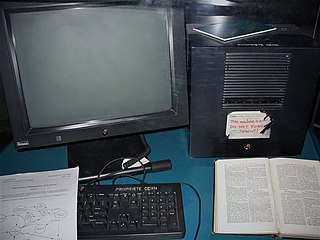
Today is the 25th anniversary of the founding of the world wide web. The BBC reported that Sir Tim Berners-Lee has used this landmark to call for a bill of rights for the world wide web.
Wikimedia UK is in favour of this idea. In 25 short years the web has become so inextricably intertwined in our lives that it can no longer be seen as a separate entity. It is a global network which belongs to everyone.
In his interview Sir Tim draws a comparison between human rights and the need to protect the rights of web users. The world wide web is where many people live a significant part of their lives. It’s where we communicate with each other, where we express ourselves creatively, where we learn and teach, where we shop. Our vision is “open knowledge for all”, and fundamental to that vision is the removal of barriers to accessing, and contributing to, the sum of human knowledge.
Wikipedia has worked hard to remain independent and free on a web increasingly dominated by commercial interests. In 2011 Wikipedia went dark for a day in protest against the proposed SOPA / PIPA laws. In 2013 there were large scale revelations of web surveillance by the NSA and GCHQ. In 2014 we need to remain vigilant. Once freedoms are lost they are very difficult to regain. Web users should continue to fight for their online freedoms and protect those freedoms from those who would take them away. A Bill of Web Rights, created by web users and endorsed by governments and international bodies such as the United Nations, would be an excellent start.





